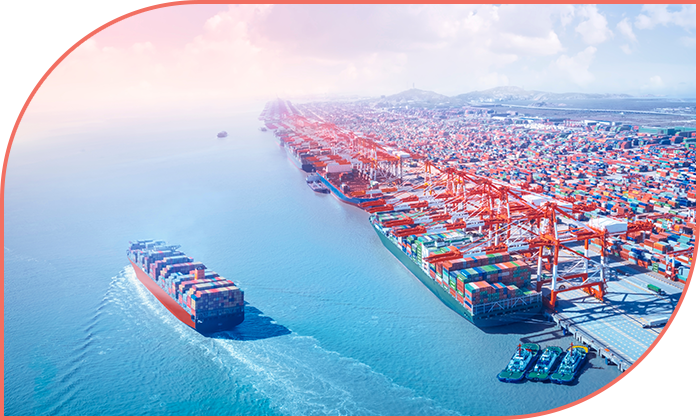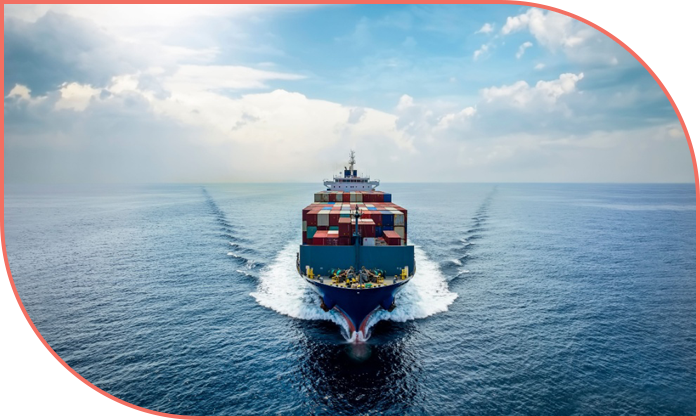Port of Ningbo
Importing from Ningbo to the UK
Ningbo Port, situated in the Zhejiang province on the southeast edge of Hangzhou Bay, is a key maritime hub in the People's Republic of China.
Ningbo Port serves several major factory districts and industrial hubs, primarily in Zhejiang Province and surrounding regions. As one of the major cities in Zhejiang Province, Ningbo itself is a significant industrial hub.
It has a diverse manufacturing base, including textiles, machinery, electrical appliances, and automotive parts. Ningbo's proximity to the port facilitates efficient logistics and trade operations.
Another major city in Zhejiang, Hangzhou, is renowned for its technology sector, including e-commerce giants like Alibaba, as well as traditional manufacturing industries such as textiles and machinery.
The connection to Ningbo Port supports Hangzhou’s extensive trade activities.
What are FOB and EXW terms?
Free on Board
Under FOB terms, the seller covers all costs and risks associated with the goods until they are loaded onto the shipping vessel at the port in China.
At this point, the goods are legally passed to the buyer, who then takes on the responsibility for managing and paying for import clearance, duties, and transportation to the UK.
Ex Works
Conversely, with EXW terms, the seller's obligation is simply to make the goods available at their facility in China.
The buyer then takes over all responsibilities, including export processes, insurance, loading, customs clearance, and all costs related to transportation and delivery to the final destination in the UK.

The Best Rate For Your Sea Freight
Access real-time quotes from leading freight providers. Choose the best ocean shipping option for your business.
Sea Freight service options from Ningbo to the UK
Full Container Load (FCL):
FCL allows a shipper to use an entire container for their goods exclusively
Less than Container Load (LCL):
LCL involves consolidating goods from multiple shippers within a single container.
Do you need an export licence?

The Chinese Ministry of Commerce categorises exported products into three distinct groups:
- Products eligible for automatic licensing
- Restricted products that require a licence
- Prohibited products
Export licences issued by the Ministry include critical details such as the exporter’s information, buyer's details, specifics of the cargo, its value, and transportation method. A licence is compulsory for the export of restricted items.
Additionally, Chinese Foreign Trade Companies (FTCs) that export to their UK subsidiaries must also obtain an export licence. However, if the transaction is conducted under Free on Board (FOB) terms with a supplier, the FTC is not required to have a licence.
Customs clearance - required documents
Collecting the necessary paperwork is crucial for shipping goods from Ningbo port to the United Kingdom. This includes obtaining an import licence (if needed), a commercial invoice, a bill of lading, a packing list, and an EORI number.
Shipping Made Simple: Compare Quotes Now
Quickly compare ocean freight quotes from multiple carriers. Get the most competitive price for your shipment.